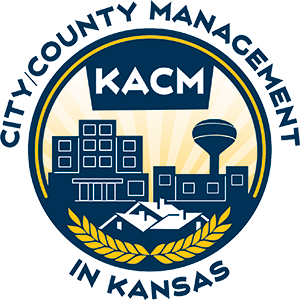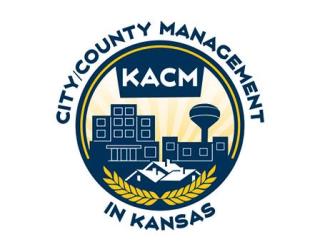Guide to Support of Colleagues in Transition or Times of Stress
Often, we learn of a colleague that has been fired or come under stress in their job or personal life, but we are reluctant to intrude, especially if it is someone that we do not know well. This guide is intended to provide a few suggestions that might make it easier to respond next time.
First, it is good to remember that each situation is different, different people, different situations, and different needs. However, the most important thing is to reach out in some way. In so doing, you can communicate four powerful messages that will help support a colleague in need:
- I care enough to reach out, to call, to write a note.
- I am here to listen, if you want to talk.
- This too shall pass.
- I am available to network and assist, if you want.
In days immediately after a termination or some other crisis, the days are filled with activity or emotions. A quick call can be of help, but conversations weeks afterward can allow for more thoughtful and helpful dialogue.
What ICMA Will Do
If the colleague is an ICMA member, ICMA will provide the following support:
- The regional liaison will call and visit with them.
- They will get a Transition packet from ICMA, which includes a video for the member and spouse, articles on how to cope with transition, a copy of the Job Hunting Handbook, a copy of Notes for Beachcombers, and a bibliography of helpful books and websites.
- Member dues and conference registration fees will be waived for a period of up to three years, while in transition.
What KACM Will Do
If the colleague is a KACM member, KACM will provide the following support:
- ICMA's KACM senior advisor will contact the member and provide support and assistance as appropriate.
- Member dues and conference fees will be waived for a period of up to two years.
- Organized support by KACM's Transition Committee, including a transition listing of the member's phone number and email address in the KACM newsletter and website at the member's option.
Caution on Email
An email message is a quick way to drop a note to let a colleague know you care about them. But, use caution in what you say, unless you know it will only be seen by them. An indiscreet remark could get distributed broadly, even to the community's newspaper, which might make their situation worse.
Some Key Don'ts
- Don't let your guilty feelings about not calling or sending a note sooner keep you from reaching out when you get the opportunity.
- Don't assume that close friends or someone else is providing support. Many times a note or call from a not well-known but respected colleague can be a great morale booster.
- Don't judge whether they brought the problem on themselves. We all have professional lessons to learn and we still need support from time to time.
- Don' spend a lot of time telling people about your problems or that you know exactly what they are going through. Just listen and provide help as you think appropriate.
Some Tips on Helping
- Invite the colleague for lunch when they are available. Let them spend some time studying your organization.
- Mark your calendar for follow-up calls or put a note in your tickler file.
- Offer a short-term paid assignment or temporary position, if an opportunity is available.
- Have your spouse call their spouse. Sometimes it is good for a spouse to talk to someone who understands the business and family stress of being married to a public manager. Getting together as a couple can also be a much needed emotional support.
- Offer to help with resume review or practice interviewing, if they want.
- Organize a group of managers to host the colleague for a cookout or a golf outing.
- Keep an eye out for network opportunities that might be of interest.
- If you are a person of faith, keep your colleague and their family in your prayers.
Pitons
Life, especially after being fired, may be compared to rock climbing...Fear of falling tightens your belly...Then, suddenly, another's hand is there offering you a piton–giving you a steady foothold. You step cautiously upon it and move easily upward. You bless that hand. At such a moment, gratitude is too slight a word. Then you find another piton, and another, helping ease the climb, the breath, the fear. That's the way it feels to get a helping hand–a phone call from a friend, an invitation to dinner, a letter, an article, a smile, a pat on the back. It's not any one thing that takes you to the top. It's a piton here and there.
Frank Aleshire, Notes from Beachcombers


